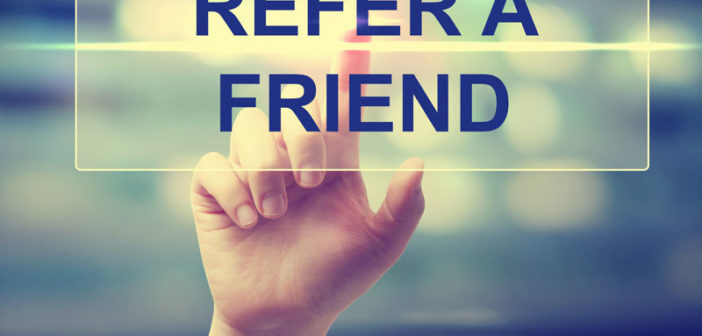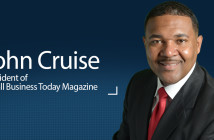By Hank Moore
Friends are special. They inspire us, support us and ask us to be more and go further. Friends get close during certain periods of their lives because they are willing to share common experiences together.
Friendships develop out of need or utility, out of pleasure and for the greater good. Some friendships last many years in our lives. However, most are transitory and depend upon changing circumstances. Some friendships last for seasons.
Here are the kinds of friendships:
- People who work together.
- People came from somewhere else and now find themselves together.
- Befriended out of personal respect.
- Each has a connection to others and may be assigned together for now.
- People engaged in community service.
- Friends from other cultures.
- Teams put together by others, including mentors and advisors.
- New friends.
- Old friends.
- Neighbors.
- Friends reconnected and staying in touch for the long-term
- People achieving good together.
- Associate higher.
- Choose friends with similar values.
- Choose friends who can stretch, motivate and encourage you.
- Choose friends that have a thirst for knowledge.
- Choose friends who are doers and achievers.
- Give what you expect to get.
Fate brings friend to friend, then leaves the rest to human nature. Here are recommendations to get the best in friendships.
Loyalty Rewards Programs
Loyalty programs engage customers, predict behaviors and increase sales. They are an important part of high-impact marketing, affect customer service, heighten customer retention and create business referral generation.
Loyalty is not just about cards and points. It means connecting shoppers to what they need now and in the future.
Loyalty programs allow retailers and hospitality companies to:
- Target and understand who their customers are.
- Track customer purchases.
- See how regularly customers visit.
- Track their return rate.
- Pull together touch points through a streamlined system.
- Track your business data from a dashboard.
- Learn insights into customers’ preferences and buying habits.
- Provide special offers to regulars.
- Show customers benefits that they get with “bricks and mortar” stores that they cannot get from online resources.
- Some loyalty programs live in customers’ smart phones as applications. Digital loyalty programs are becoming the trend.
Rewards programs can offer birthday and anniversary gifts, discounts and invitations to exclusive events. They may provide information, classes, hotlines, blogs and access to insider communities. Some such programs offer special shipping on mail orders and charity tie-ins.
Loyalty reward programs are ideally utilized for restaurants, retail stores, salons, automotive services, florists, beauty suppliers, large retail chains, clothing stores, pet shops, travel programs, hotels, department stores and specialty retailers.
Rewards programs are predicated upon points, spending, levels of loyalty and VIP memberships. Some are value based programs where customers become brand ambassadors. There are partnered programs, gaming programs and hybrid rewards programs. Gift card programs widen the appeal to friends of existing customers.
Airline loyalty programs offer points on future flights. Hotel loyalty programs offer bonus stays and access to a wider selection of hotels than customers might find through their own research. Loyalty programs for rental cars get free upgrades for cardholders. Punch cards for free food in restaurants have been a staple of the hospitality industry for 70 years.
Banks charge a fee for rewards card programs. This accrues points for use on a variety of purchases. The gold card gets holders a printout of purchases by category, which is useful in tracking business expenses and in preparation of taxes.
Grocery store rewards program include points toward discounted gasoline, special discounts (such as four times fuel points on credit card sales), quantity discounts on sale merchandise and specials that were not on the weekly sale circular.
Reward programs for internet purchases include Amazon Prime, where the upfront annual fee gets VIP services such as free shipping, special offers and access to specialized services. This is instead of transactions first and rewards later.
Many loyalty programs include applications for faster checkout, bonus points and special offers. Retailers offer private sales, information on products and brand gifts for purchases past set goals.
The Panera Bread loyalty card program generates $2 billion per year in digital, mobile, web and kiosk sales. Coffee chains offer free points, mobile payment, advance orders, access to WiFi and special events.
Loyal customers mean more business, increased repeat sales and destination purchases. This saves marketing to wider nets, many who will not turn into customers.
It requires 5-25% more to acquire new customers than to sell to existing ones. Regulars spend 67% more than new customers. Engaged customers are five times more likely to buy from their favorite store. They return often and refer new customers. 82% of adults say they are loyal to brands. 63% of customers will modify their spending in order to maximize loyalty benefits.
A 5% increase in customer retention will increase company profit from 25-96%, depending upon the product, seasonality and coordination with other marketing.
Stores with loyalty programs can send emails to users, including newsletters, new product introductions, recommendations for bundling and cooperative offers with other retailers.
With loyalty programs come the opportunity to conduct customer research. Surveys can test new product offerings, learn differences of the company from its competitors and glean insights into how to do things differently. Think of the loyalty program as an online focus group.
79% of customers prefer businesses who show that they care. Customers will support cause related marketing and charity tie-in promotions that appeal to them.
Loyalty programs have created many companies who operate the software for tracking purchases, research on consumer buying habits and specialty marketing firms in the digital age.
When rewards programs are done wrong and without adequate coordination, they may be a waste of time and resources, becoming a burden for customers with little interest in getting into the program.
Companies need to create the best rewards program for their business. Rewarding customers has the advantage of immediately motivating incremental spending. Customers will happily identify themselves with succeeding visits, giving the data the company needs to create deeper customer connections and motivate targeted behaviors.



